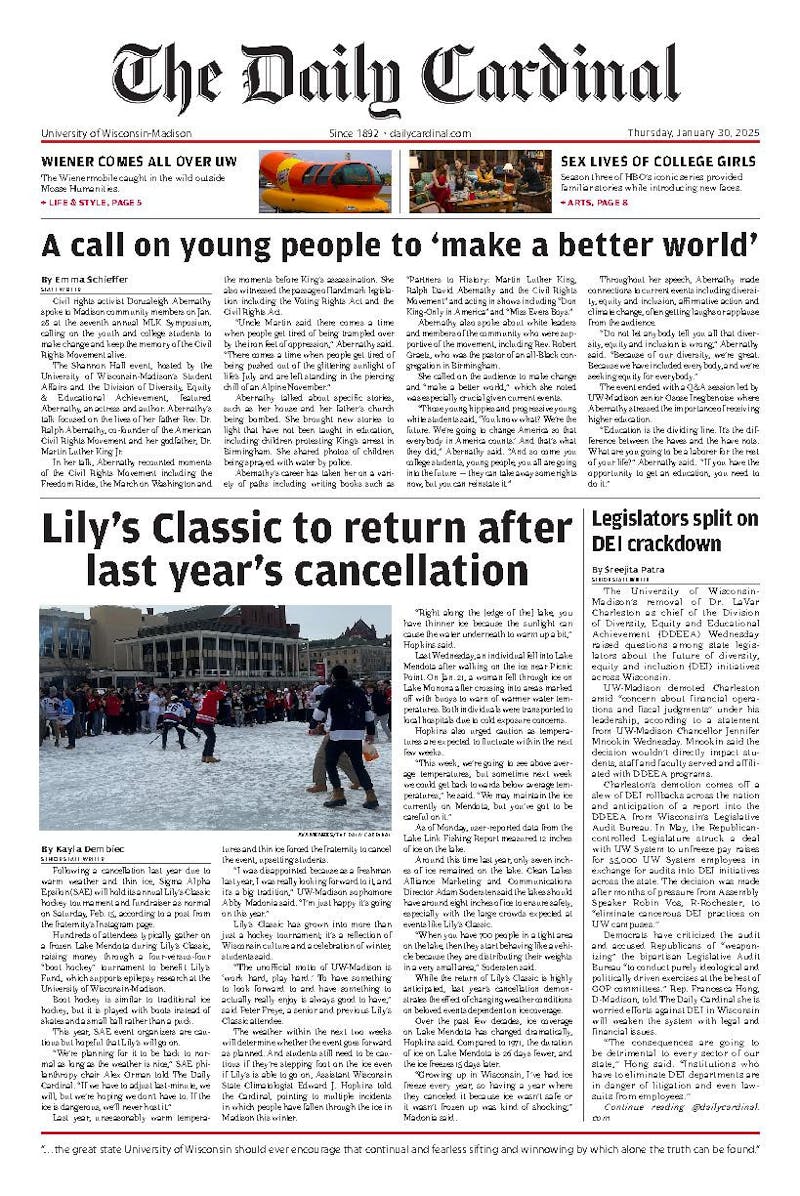The Wisconsin Policy Research Institute, a nonpartisan think tank, released a study Thursday that found raising minimum wage would ultimately be harmful for Wisconsin’s economy.
Andrew Hanson and Ike Brannon, the economists behind the study, came to the conclusion that while raising the minimum wage would be beneficial for those workers who would retain their jobs, between 12,000 and 55,000 workers would end up losing their jobs as a result of the legislation, according to a press release.
According to Hanson and Brannon, raising the minimum wage to $10.10, as proposed by President Barack Obama and state legislators earlier this year, would “force employers [to] economize on low-skilled labor in response to higher costs.”
Such a raise would have a particularly adverse effect on northern Wisconsin, where 23 percent of workers earn less than $10.10 an hour, Hanson and Brannon decided.
A bill to raise the minimum wage to $10.10 an hour was introduced in the state Senate during the last session but was defeated. Many Democrats, like state Sen. Nikiya Harris, D-Milwaukee, who sponsored the bill, said at the time such legislation would help low-income families who work hard to support themselves.
However, Hanson and Brannon suggest alternative measures. A raise in earned income tax credit, which pays a fixed percentage of earnings to low-income working families, would provide the same wage increase as an improved minimum wage without harming jobs, they said.





